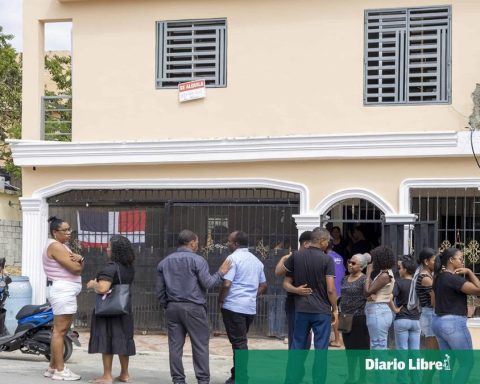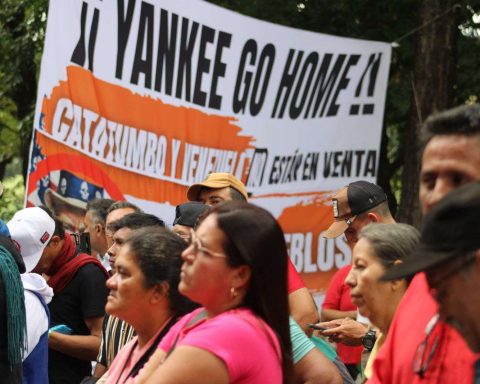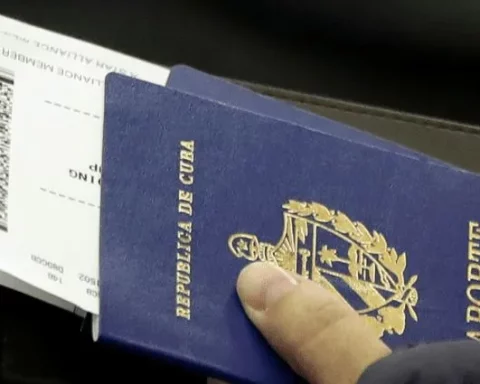Just as the President of the Republic is the head of the national executive branch, the governor is the head of the state executive. He is the one who administers the state and represents it in legal, political and administrative actions. The governor works with the support of the Legislative Assembly, where the state deputies are. In the Federal District, this role belongs to the Legislative Chamber, formed by district deputies.
In general elections, such as the one in October this year, Brazilian states and the Federal District choose a governor, with a four-year term and the right to re-election. The governor can propose statewide laws, enact or veto laws passed in state legislatures, and must manage the state’s finances. In this aspect, it is also part of its attribution to guarantee investments and defend the interests of the state, negotiating with the federal government or the National Congress.
It is up to the Chief Executive to administer the state in all areas, such as health, education, economy and infrastructure. One of its main responsibilities is public security, which involves the control of the Civil and Military Police and the construction and administration of prisons.
However, success in the administration of areas such as public security, health, transport and education depends on a good relationship between the governor and the president of the Republic. Public security is one of the areas that depend on funding and public policies promoted by the Union. Likewise, the construction of subway lines, highways, hospitals and schools may depend, in whole or in part, on federal resources.
To understand the needs of the state, the governor needs to have a good relationship with the municipal mayors. The greater the harmony between governor and mayor, the better for the interests of the municipality. This harmony, however, must be independent of partisan or ideological affinity between the two managers.
In the Federal District, there is no figure of the mayor, because there are no municipalities.
election and term
Like the President of the Republic, the governor has a four-year term, and re-election is allowed.
The election for governor takes place in a simple majority system, that is, the candidate with the most votes wins.
However, there may be a runoff between the two most voted candidates. This occurs when the first place has fewer valid votes than the sum total of votes obtained by the other candidates.
*With information from the Senate Agency

















